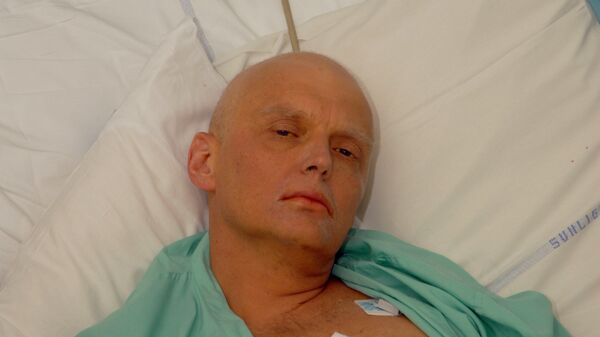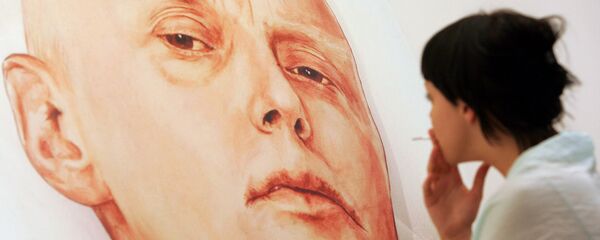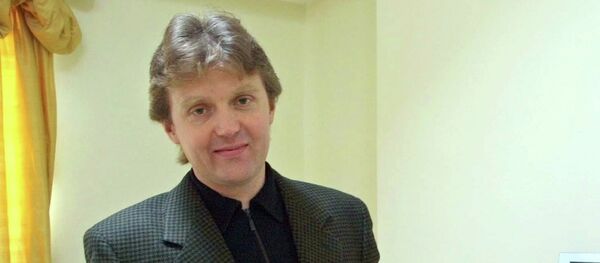Litvinenko, 43, died in 2006 after drinking tea with Russian nationals Andrey Lugovoy and Dmitry Kovtun at the Millennium Hotel in Grosvenor Square, London. UK authorities claim that Litvinenko's death was caused by polonium-210, a radioactive isotope. Very little forensic evidence is available to support the charge.
"Many thousands of members of the public, including British residents and visitors from overseas, might have been at risk from radioactivity," Robin Tam said, as quoted by The Telegraph.
The polonium trail was also found in the airplane which the two suspects used to come to London, Tam said.
Litvinenko defected from Russia to the UK in 2000. The mysterious circumstances surrounding his death sparked a full-blown international crisis. Following the incident Britain identified Lugovoi and Kovtun as prime suspects in the case, demanding their extradition from Russia. Moscow denied the extradition request, allowing, however, for questioning the suspects in Russia.
On Tuesday, UK Judge Robert Owen said that Lugovoy and Kovtun would be invited to testify via video in an ongoing inquiry into the death of Litvinenko.




